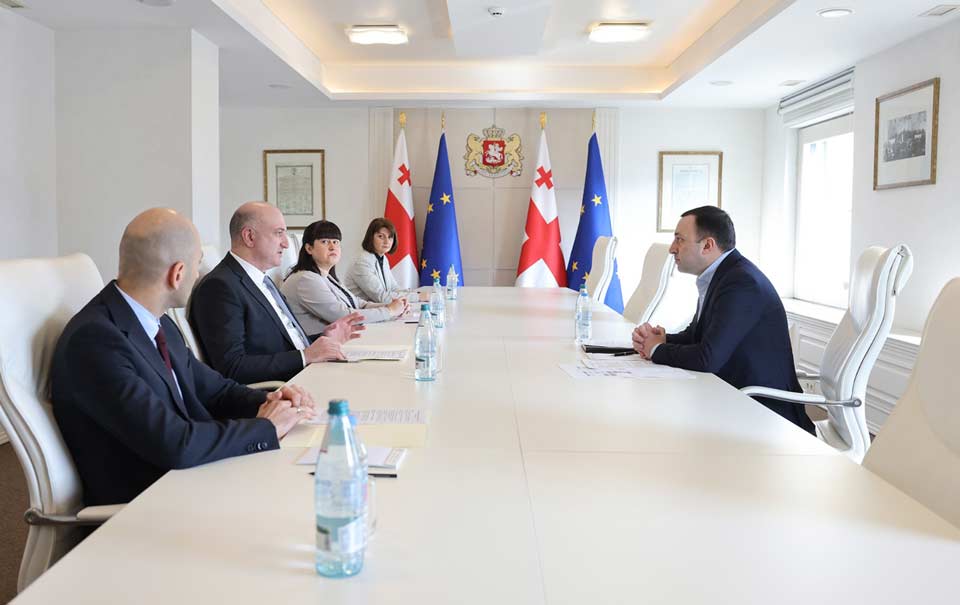Georgian Prime Minister Irakli Garibashvili has held a working meeting with Health Minister Zurab Azarashvili, and his Deputy Ministers.
The meeting covered the plans and the Ministry’s key priorities in 2023. The conversation touched on the implementation dynamic of the Development Strategy-Vision 2030 of Georgia, the government’s press office has said.
Azarashvili briefed the Prime Minister on changes designed by the Ministry for further betting the situation in various directions.
The working meeting discussed the Ministry’s plans for boosting access to high-quality medications. The Minister and Deputy Ministers pointed out that referential pricing for medications would come into force on February 15. It was also noted that the opening of the Turkish pharmaceutical market saves the Georgian people about 200 million GEL each year.
Plans for 2023 is as follows:
- Expanding the list of medications regulated by referential pricing (with essential medicines)
- Introduction of direct contact mechanisms with manufacturers (Managed Entry Agreements) in relation to expensive medications
- Ensure the full operability of the Medicine Quality Laboratory
- Enhance the chronic disease medications package (annual limits on medications financing will be finalized in the 1st quarter).
- The Minister and Deputy Ministers introduced the Prime Minister to measures planned to be taken toward public healthcare. It was noted that, in 2023, more than 590,000 persons are scheduled to be scanned for hepatitis C, while the full elimination of hepatitis C is expected by 2026.
- The conversation at the working meeting revolved around changes planned in the direction of emergency medical services. Plans for 2023 in this direction include:
- Establishment of a separate stroke unit for a specialized crews to respond to relevant calls and arrive at the scene
- Procurement of 70 new standard ambulances; consequently, the vehicle fleet will no longer comprise vehicles older than 5 years
- Construction of service centers in Batumi, Khulo, Keda, Shuakhevi, and Akhalkalaki, also the construction of two new service centers in Tbilisi and the rehabilitation of the Ambrolauri Service Center. The Minister emphasized that 12 emergency medical service centers have been renovated in Tbilisi. The insurance package of emergency medical services employees has been upgraded to envisage a 60-GEL insurance package instead of the previously provided 23-GEL package.
- Work has commenced on linking the dispatching program to the 112 program to allow for separating calls of lower priority and, in such cases, for providing patients only with telephone consultations. According to the plan, this service is expected to reduce emergency calls by 35% and significantly increase the effectiveness of the service.
- Negotiations are underway with the Medical University on the establishment of a bachelor’s degree program for paramedics, which will allow for gradually replacing ambulance doctors with specialized paramedics.
According to the statement, the working meeting also reviewed changes that would be implemented in order to fulfil the obligations under the EU Association Agreement. It was noted that, in 2022, the Parliament adopted the Law on the Quality and Safety of Human Blood and Its Components.
The law’s transition period was set until July 1, 2025, and the establishment and equipping of a central state blood facility must be carried out within this period, also relevant guidelines and standards must be updated, and an active awareness campaign supporting non-remunerated donations must be carried out, reads the statement.
